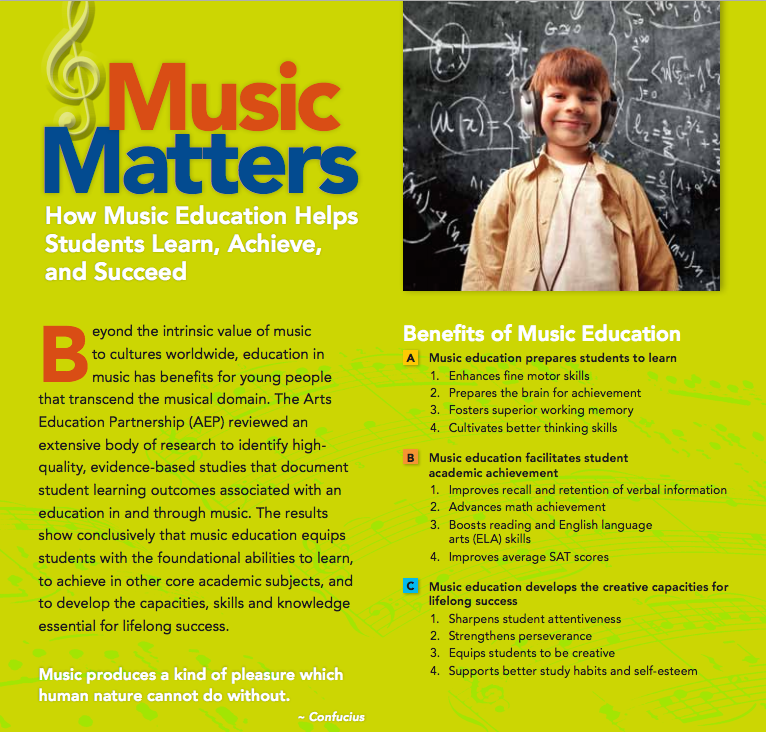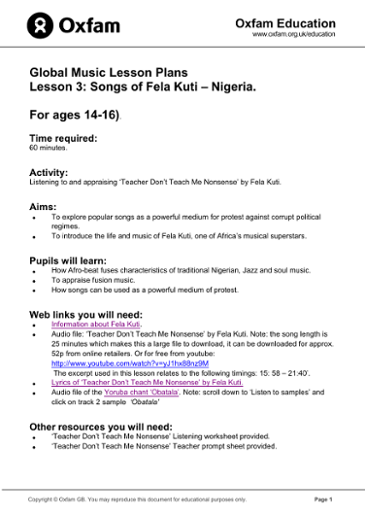The Role of Music Education in Academic Success
Music education is often overlooked in schools, but its benefits on academic success are undeniable. Research has shown that students who participate in music education programs perform better in other subjects, have higher IQs, and develop important skills like discipline and creativity. In this article, we will explore the impact of music education on academic success and why it should be a priority in schools.
Enhanced Cognitive Development
Studies have shown that learning to play a musical instrument can have a profound effect on cognitive development. Playing music requires the use of both hemispheres of the brain, leading to improved memory, attention, and processing speed. These cognitive benefits can translate into better performance in math, science, and language arts.
Improved Academic Performance
Students who participate in music education programs tend to have higher grades and standardized test scores. This can be attributed to the discipline and focus required to learn an instrument, as well as the problem-solving skills developed through musical study. Music also has a positive impact on emotional well-being, reducing stress and anxiety, which can help students perform better academically.
Enhanced Creativity
Music education encourages students to think outside the box and explore their creativity. Playing music involves improvisation and interpretation, which can foster innovative thinking and problem-solving skills. These creative skills are not only beneficial in music, but also in other subjects like art, literature, and science.
Development of Social Skills
Music education often involves group activities like band or choir, which can help students develop important social skills like teamwork, communication, and leadership. These skills are essential for success in the real world and can have a positive impact on academic performance as well.
Conclusion
Music education plays a crucial role in academic success, offering a wide range of cognitive, academic, and social benefits. Schools should prioritize music education programs to help students reach their full potential and succeed in all areas of their lives.
Overall, music education is not just about learning to play an instrument; it is about developing essential skills that can enhance academic success and overall well-being. Schools should recognize the importance of music education in cultivating well-rounded individuals who are well-prepared for the challenges of the 21st century. By promoting music education, we can help students reach their full potential and succeed in all areas of their lives.


